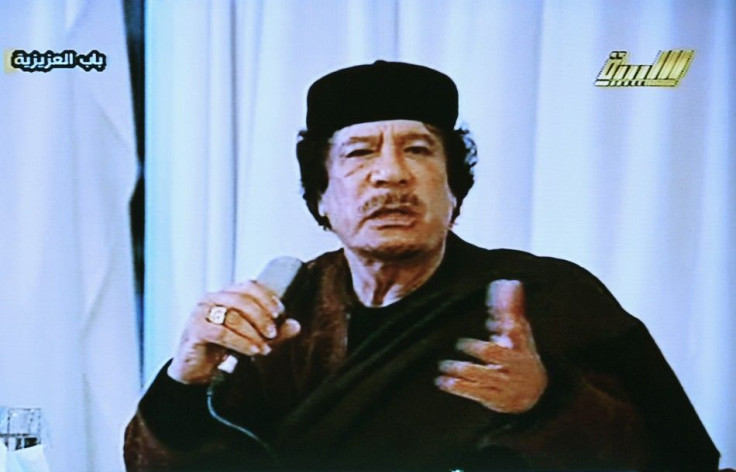Libyan rebels chisel out an independent cell phone network from Gaddafi's control

Technology has played a key role in the recent spate of uprising seen in Tunisia and Egypt where demonstrators used social networking sites Twitter and Facebook to voice their demands and concerns.
Recognizing the threat from communication technology, Libyan leader Muammar Gaddafi had plugged-off all telephone and Internet connections to cripple the protestors which left the rebels to communicate with flags.
However, WSJ reported that a cell phone network called Free Libyana, brain child of a Libyan-American telecom executive Ousama Abushagur, is allowing rebels to communicate using a hijacked portion of the Libyan network -- owned and operated by Libyan General Telecommunications Authority which is run by Col. Gaddafi's eldest son.
According to the report, the key equipment was supplied by UAE's state-run telecommunications company Etisalat. Chinese company Huawei, which is one of the contractors for Libyana cellular network, rejected the rebels' plea to offer equipment for the project.
The modus operandi started with Abushagur drawing a blueprint of the plan to hijack Libyana network on a paper napkin. The process required assembling a team of telecom engineers and equipment and then porting them to the rebel-town Benghazi.
The operation received Arab support from UAE and Qatar in terms of assembling the equipment and logistics. Once the equipment entered the Libyan territory four western engineers and three Libyana engineers worked in Benghazi to plug the new equipment into the Libyana network to create an independent cellphone network. The satellite connection through which calls could be routed was provided by Etisalat.
The Register said the rebels have managed to acquire various parts of the network and integrate them into a separate hub. Most of the mobile networks follow a hub-based architecture and the main one was in Tripoli from where Gaddafi administrators were able to jam signals and monitor calls. However, rebels now have separate call routing system which cannot be monitored by Tripoli.
The new network will assist the rebels in communicating with each other which is strategic victory for them. The network currently allows free domestic calling. If the rebels are successful in ousting the Gaddafi regime, the network will find an established business to cash in on with rebel customers already in the fold. Until then rebels certainly have a say.
© Copyright IBTimes 2025. All rights reserved.





















